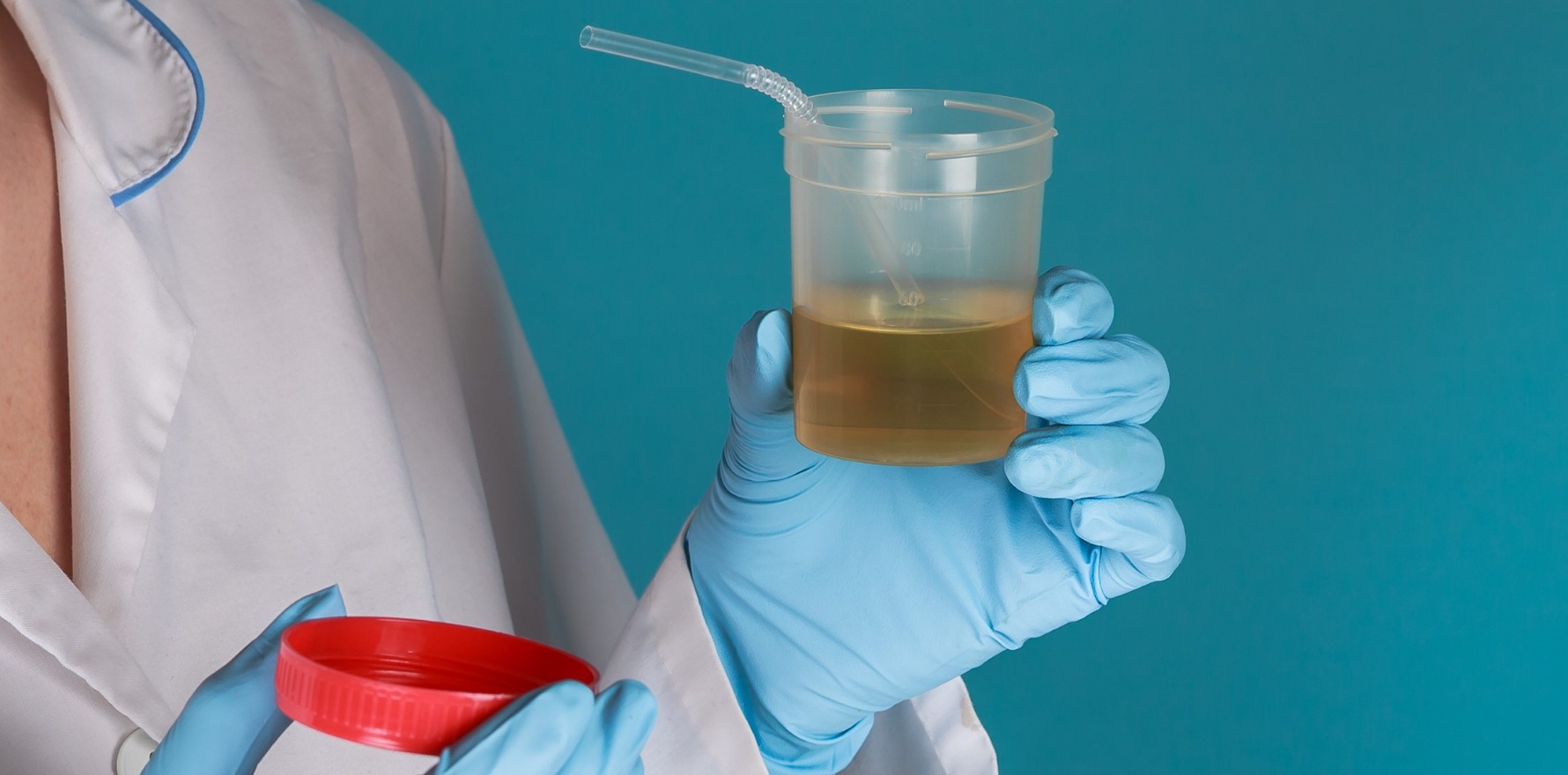A South Australian government committee has recommended skipping a trial and going straight to pharmacist-led prescribing.
South Australia looks to be the latest domino to fall in pharmacist-led prescribing, as a state government working group recommends going at it full bore and skipping the pilot phase completely.
The final report from the House of Assembly select committee on access to urinary tract infection treatment was handed down on Wednesday, after nearly 10 months of investigation.
Chief among the recommendations was to allow pharmacists to supply antibiotics to women aged between 18 and 65 who are “deemed to be likely to be suffering an uncomplicated UTI after assessment by a pharmacist”.
“The committee supports implementation rather than a pilot or trial due to the outcomes and continued success of the Queensland service, as well as the work under way in other Australian jurisdictions offering UTI services in pharmacies,” the report read.
If the recommendations are accepted – which state Health Minister Chris Picton told the ABC was likely – SA will be the sixth Australian jurisdiction to introduce pharmacist-led prescribing for uncomplicated cystitis, unless Tasmania beats it to the punch.
The Northern Territory is the only jurisdiction left that has not announced plans to allow pharmacist prescribing.
It’s the second time in a week that the purported success of the Queensland UTI trial has been used as the main piece of evidence to justify pharmacy prescribing; on Monday afternoon, the upcoming Queensland scope-of-practice trial was expanded to include the whole state.
As part of the review process, politicians from the SA committee travelled to pharmacies in Queensland.
According to the report, the visiting politicians were “impressed by the judicious and thorough work done by the pharmacists [they] visited” and noted a strict adherence to clinical guidelines.
Roughly 80% of submissions received by the committee were reportedly in favour of pharmacist UTI prescribing and the report contained some acknowledgement of the concerns held by doctor groups.
“The committee took its time to listen to those who expressed concerns regarding a UTI pharmacy service, and we have taken their apprehensions into consideration in informing the recommendations,” the report said.
These “apprehensions” included the fact that the symptoms of a UTI are similar to those of sexually transmitted infections, malignancies or pregnancy, that pharmacists wouldn’t be doing urine cultures and that pharmacists may feel obliged to supply medicine if charging a patient for a consult.
In response to the first concern, the committee said the treatment guidance as laid out in Queensland “details the cystitis symptoms shared with other conditions, but then elaborates on the further symptoms of those other conditions” and contains directions to refer to a GP if unsure.
It also pointed out that the Australian Therapeutic Guidelines state that a urine culture may not be necessary for nonpregnant women presenting with the symptoms of uncomplicated cystitis.
Addressing the obligation-to-supply concern, the committee said that individual pharmacists it spoke to had “assured them that this was not the case”.





